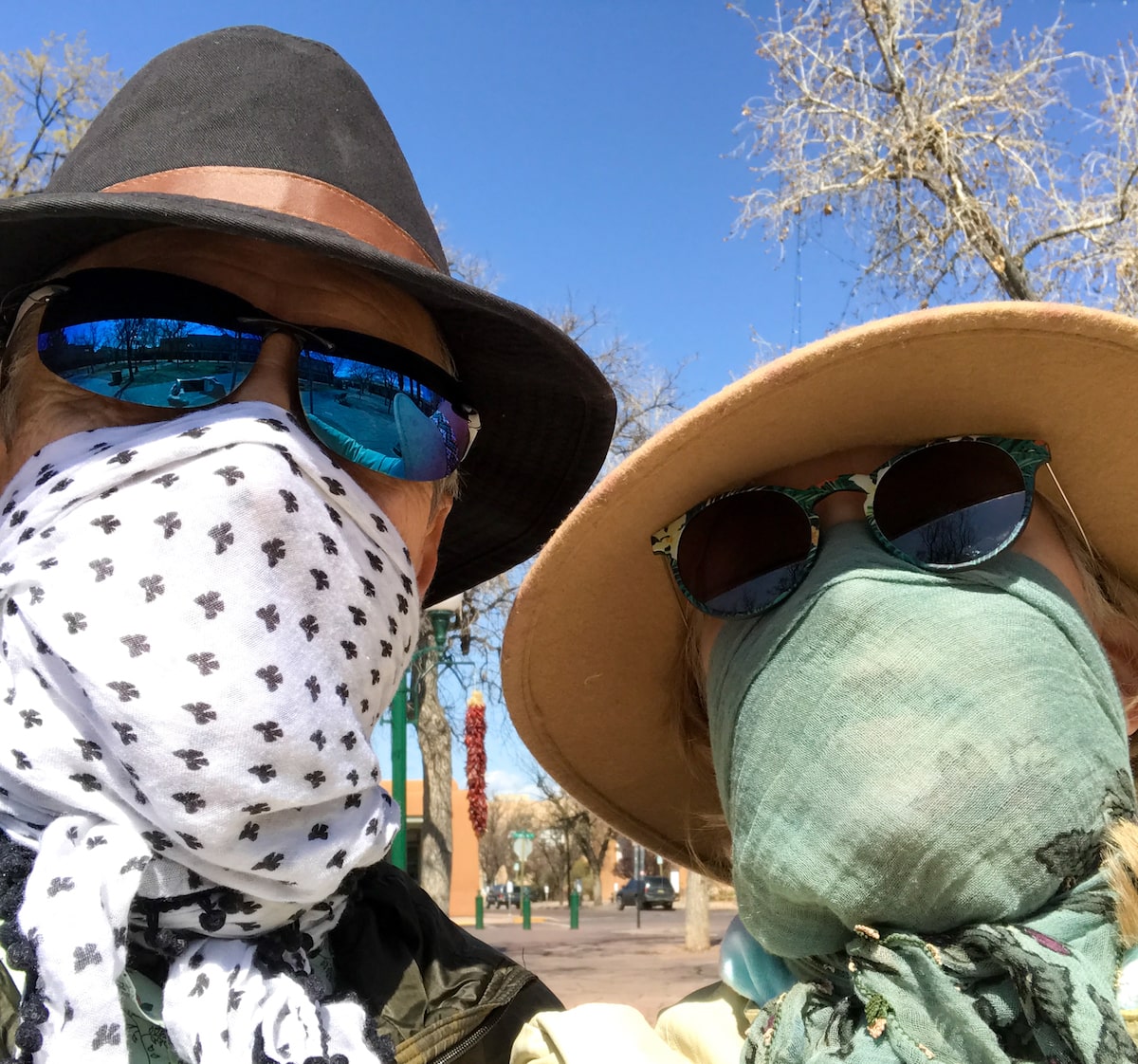<< Back
Mask Tips (And No Gloves!) From an Infectious Disease Doctor

June 03, 2020
Until recently, it was only cool for Batman to wear a mask. Now we’re all wearing them in varying patterns and styles to protect ourselves and others from COVID-19.
According to a study backed by the World Health Organization and published recently in The Lancet, putting a cloth or paper surgical mask over our mouth and nose keeps any germs out of our system 85 percent of the time.
“The important information from this virus that we’ve learned,” said Dr. Faiqa Cheema, a Hartford HealthCare infectious disease specialist, “is about 30 to 45 percent of asymptomatic or pre-symptomatic transmissions account for a lot of the new cases of COVID-19. Another thing we’ve learned is that wearing a mask and physical distancing has played a very significant role in mitigating and decreasing the surge of this infection.”
While many people are complying with public health guidelines and putting a mask on, some are not wearing them in the most effective way. Dr. Cheema offered the following tips:
- Masks belong over the mouth and nose, not down around the chin or up on your forehead.
- Bandanas are OK to wear as long as the cloth covers the face, mouth and nose, and is secured firmly at the back of the head.
- Whether your mask ties or loops with elastic around the ears, it should sit close against your face, not droop down to show gaps.
- Do not touch the mask or your face under the mask to avoid contaminating it.
“As we reopen and re-engage with life, it’s important that when we’re going out we’re wearing our masks so when we cough, sneeze or speak we’re not exposing other people or the environment around us to any infected aerosols,” Dr. Cheema said. “It’s just social etiquette — it shows that you respect yourself, you respect everybody else around you and you really understand the basic facts that humans are the main vectors of transmission of the virus.”
Gloves, on the other hand, are not recommended to be worn in public, she added. While people may believe they’re protecting themselves from germs, the rubbery gloves actually feed cross-contamination.
“For example, you wear your gloves and touch a handlebar,” she said. “You do not change gloves and then touch other areas, spreading infection from one spot to the other and causing the virus to spread even further. Our recommendations are that when you’re outdoors, be mindful that you do not touch your hands to your face or mouth. You should always wash your hands often, especially when coming back home.”
Need to see your doctor? New Patient? For more information about Hartford HealthCare virtual health visits, click here.
Click here to schedule a virtual visit with a Hartford HealthCare-GoHealth Urgent care doctor. Find out more about COVID-19 antibody tests here.
Sign up for our “Coping with COVID” podcast series here.
Stay with Hartford HealthCare for everything you need to know about the coronavirus threat. Click here for information updated daily.
Questions? Call our 24-hour hotline (860.972.8100 or, toll-free, 833.621.0600).